It’s hard to believe that within just a few days, we will be turning the clocks back again. We become accustomed to doing so, and it would seem like a convenient thing to gain an extra hour every fall, even though we lose it in the spring.
Many people have complained about daylight savings time and it continues to be surrounded by controversy and some rather fierce debate. It isn’t just a matter of convenience, your physical and mental health may be on the line as well.
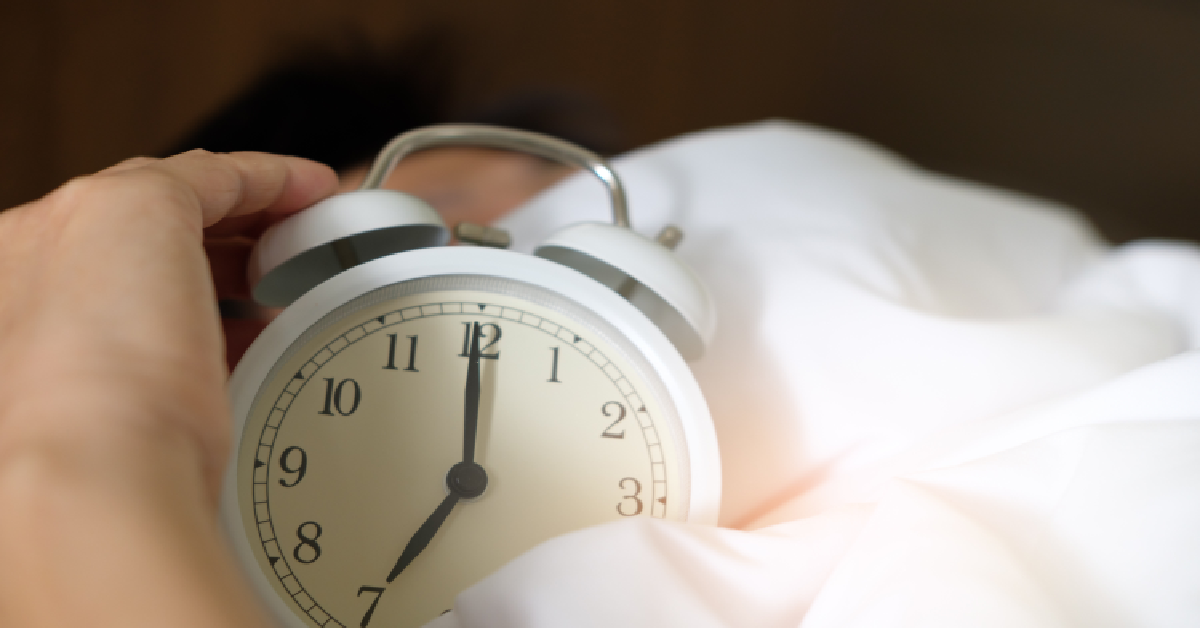
The Mayo Clinic reports that all of us are working on an internal clock that is known as our circadian rhythm. It is on a 24-hour cycle, so when we suddenly gain an hour, it can throw our biological clock off instantly.
Perhaps one of the ways in which this is seen more than any other is the fact that it interrupts our sleep. We have to make the adjustment and sometimes, that is not the easiest thing to do.
There was even a 2019 study involving the Harvard Medical School and Massachusetts General Hospital. They wanted to see if there was some type of correlation between heart disease and sleep deficiency. They used mice for the study.
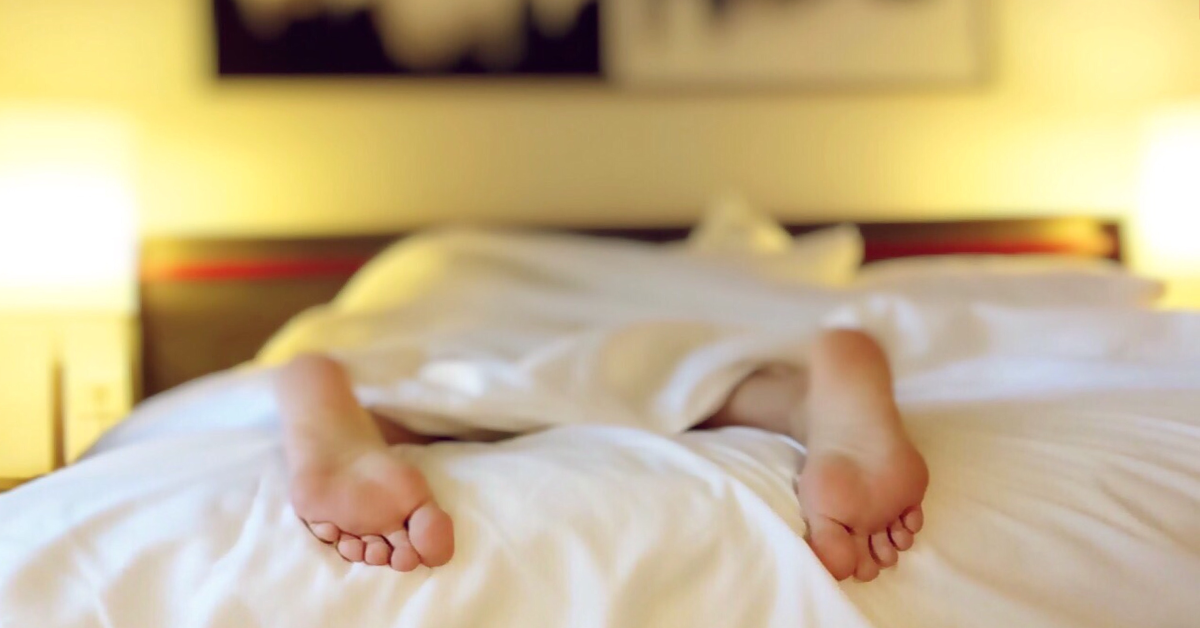
Some of the mice in the study had sleeping patterns that were constantly disrupted. They took a look after 16 weeks and noticed that those who were disrupted in their sleep patterns had more plaque in their arteries. They also had another group of mice that had normal sleeping cycles.
Not only did the mice that were not sleeping well have more plaque in their arteries, but they also had a lower level of hypocretin. That hormone is associated with our circadian rhythm. They also had twice as many white blood cells compared with the other group.
If there is one thing that they learned from the study, it’s the fact that getting a regular amount of sleep and sticking to the cycle is important for our health.
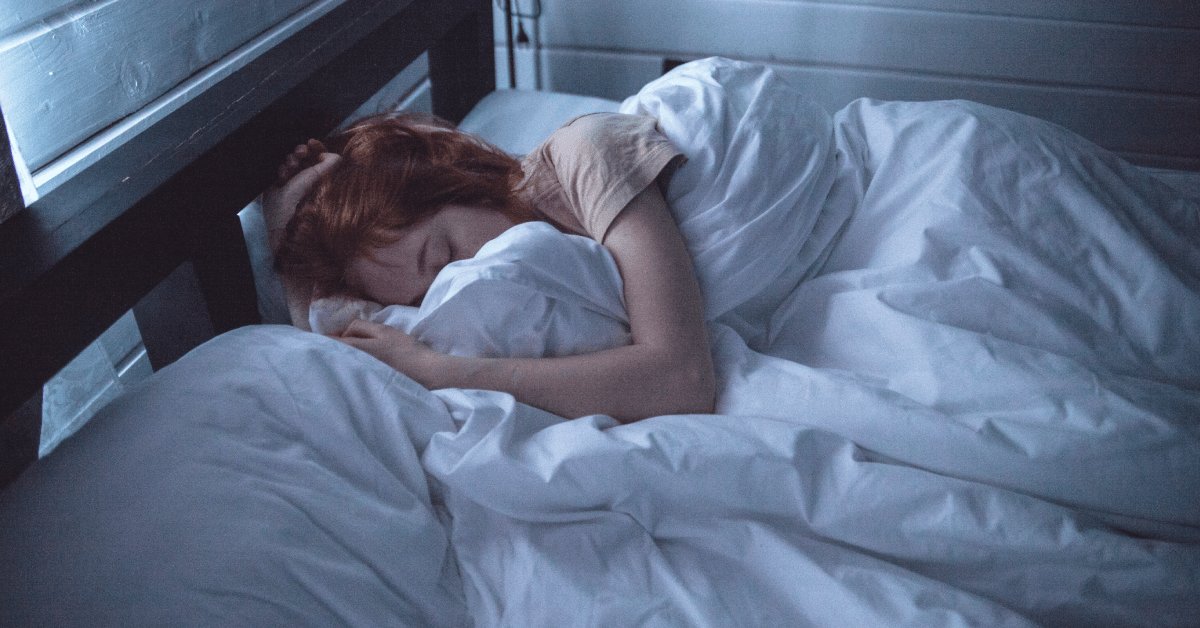
Dr. Michael Twery, who was involved in the study, said: “This appears to be the most direct demonstration yet of the molecular connections linking blood and cardiovascular risk factors to sleep health.”
The hour of sleep lost in the springtime affects us in an even more significant way. U.S. hospitals see 24% more people visiting as a result of heart attacks on the Monday after we spring forward. In the fall, heart attack victims dropped by 21% after we gain the extra hour.
Another issue that is associated with an earlier evening in the fall is an increase in car accidents. Between the hours of 4 PM and 7 PM in November, drivers are up to 15% more likely to be in a crash compared with the rest of the year.
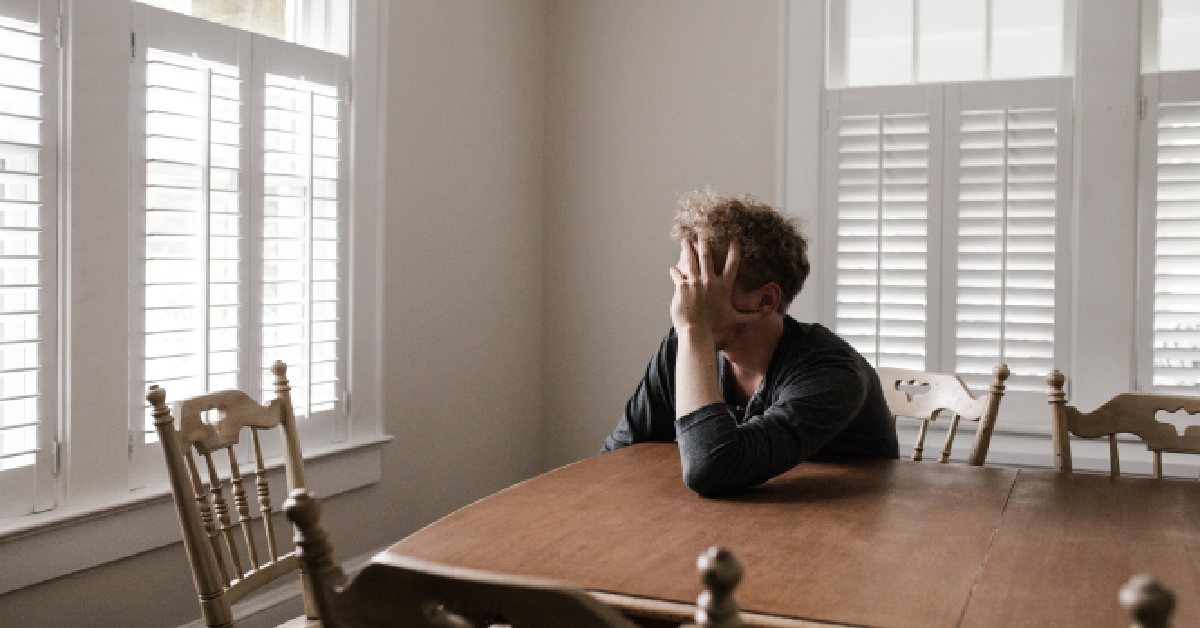
As the days get shorter, daylight savings time may help for a limited amount but eventually, the nighttime is going to come earlier anyway. This can have an effect on our hypothalamus, a part of the brain associated with serotonin and melatonin.
If you know somebody who suffers from seasonal affective disorder, that sort of winter depression is also more likely to come as a result of shorter days.
Even though it seems as if the news is all bad, there are some things you can do to help make the adjustment more manageable.
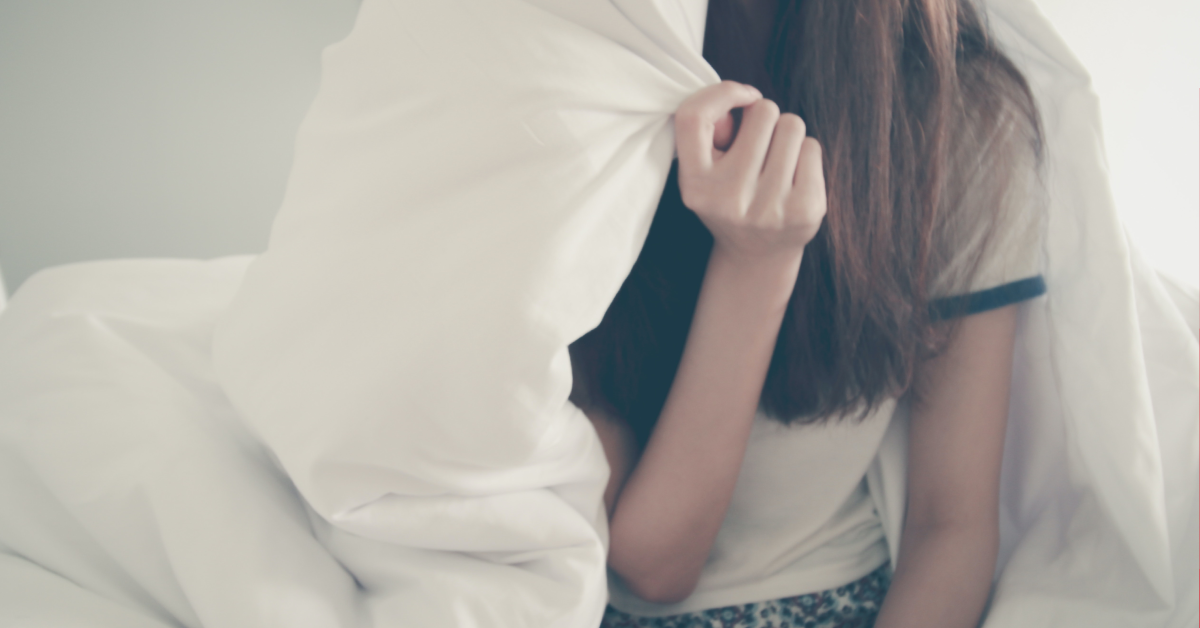
Having a routine throughout the day and some uninterrupted sleep at night is a great place to start. You can also exercise in the morning and relax in the evening so that you can get the sleep you need.
You might also try staggering your schedule for sleeping in the weeks leading up to daylight savings time. Go to bed a little later and wake up a little later for at least a few days and it may help you to adjust without any problem.













